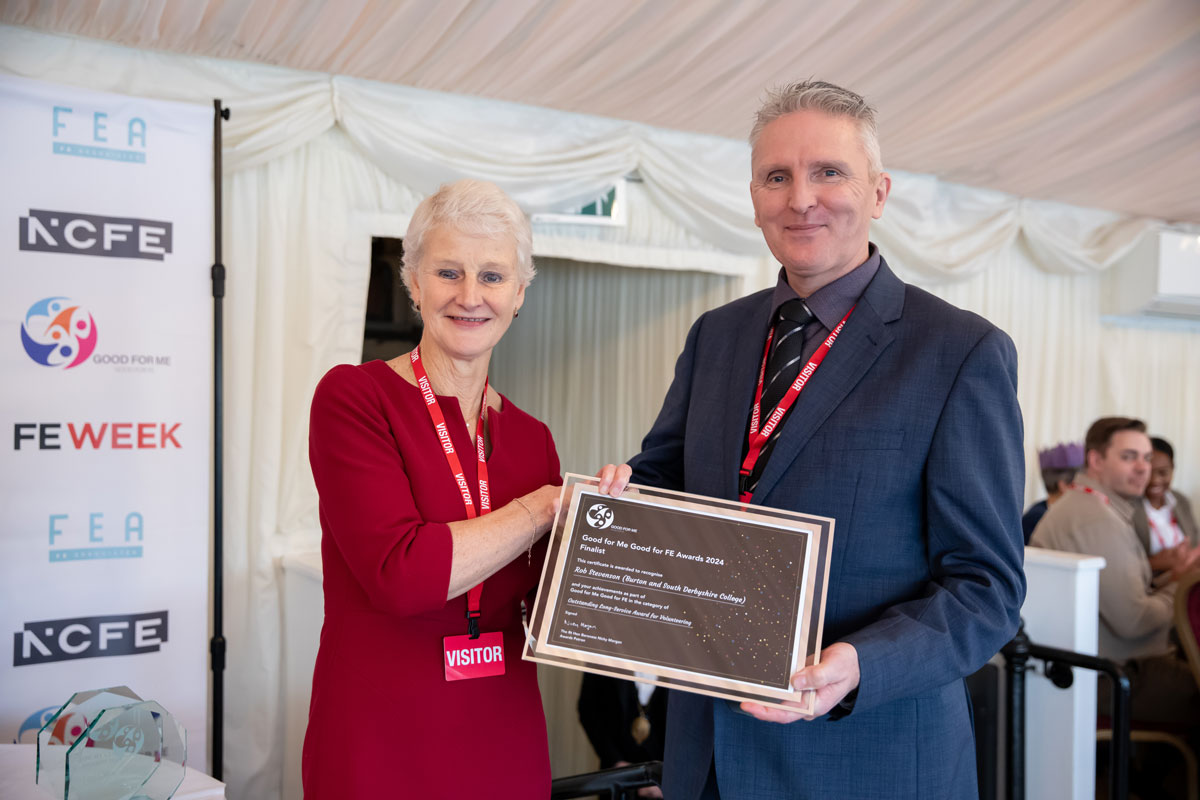Why the brightest brains of tomorrow need to be aware of psychometric testing

Psychometric tests are used to measure an individual’s personality, strengths, weaknesses, and psychological behaviour. Typically timed and presented in a multiple-choice format, psychometric testing is on the rise, and so is the confidence in them; one recent study found that 75% of The Times’ ‘Top 100 Companies’ were using psychometric testing in some form or another.
The benefits for businesses using psychometric tests are transformational – developing understanding into how to get the absolute best out of people, which in turn, produces a more functional and lucrative company. To illustrate this, another study found that, on average, psychometric testing used during recruitment reduces staff turnover by 20%.
But psychometric testing wasn’t designed to only target businesses, and it shouldn’t be used solely for this audience either. There are numerous innovative ways and opportunities to apply its testing, framework and learnings across society for the benefit of everyone. The next most important example after businesses would be young adults still in education.
Psychometric testing is not for pupils up to GCSE – at that age their brains are still developing, and they probably wouldn’t have the experience and verbal capacity to undertake the profiling. Where psychometric tests, like Insights Discovery, could be useful, is for Sixth Form students who are soon to enter higher education or the world of work.
Imagine a bright brain heading to the University of Cambridge, a young adult going for a job interview, or a recent graduate or post A-Level student thrust into their first position of employment and coming face to face with the melting pot of personalities and pressure within an organisation. I guarantee that with these individuals, the use of diagnostic tools like Insights Discovery, would give them a competitive edge over those without the understanding. For example, if a student recognised they were extraverted, and as a result, struggled with time management skills, they could actively suppress some natural inclination and research classic efficiency techniques to help focus themselves. Through this awareness, the steps to improve and an intelligent conversation at an interview, they could, and likely would, become more employable as a result.
Students, like us all, will go through times of significant stress, such as during exams and approaching coursework deadlines. By taking a psychometric test and understanding what truly makes them tick, students can become more aware of emotional triggers, dispute them in resilience exercises as outlined by American psychologist, Albert Ellis, and as a result, increase overall mental fitness.
Looking through the lens of a teacher, if they too were armed with a deeper understanding of a student’s personality and inner psychology, they could tailor approaches to learning and teaching to best suit individual needs where possible, massively improving educational outcomes.
There will be people who say that schools don’t have the budget or that students simply have enough tests to take already, why add another? If we were to take two groups and give one of them some Insights Discovery profiling then I argue the long-lasting positive impact would become apparent. Jungian profiling, as is used in Insights Discovery, is quick and simple as long as it is answered honestly, with a modicum of experience and vernacular capacity. This is unlike some of the other tests that students are ‘required’ to sit through, and psychometric tests often lead to eureka moments which can enhance an individual’s interaction with the world for life.
Surely the benefits of psychometric tests for students outweigh the barriers. The results for businesses speak for themselves, so why not apply the testing to progressive educational establishments looking to support their alumni well beyond their ‘school days’?
By Elliot Symonds, Head of Learning and Development at Jarrold Training











Responses